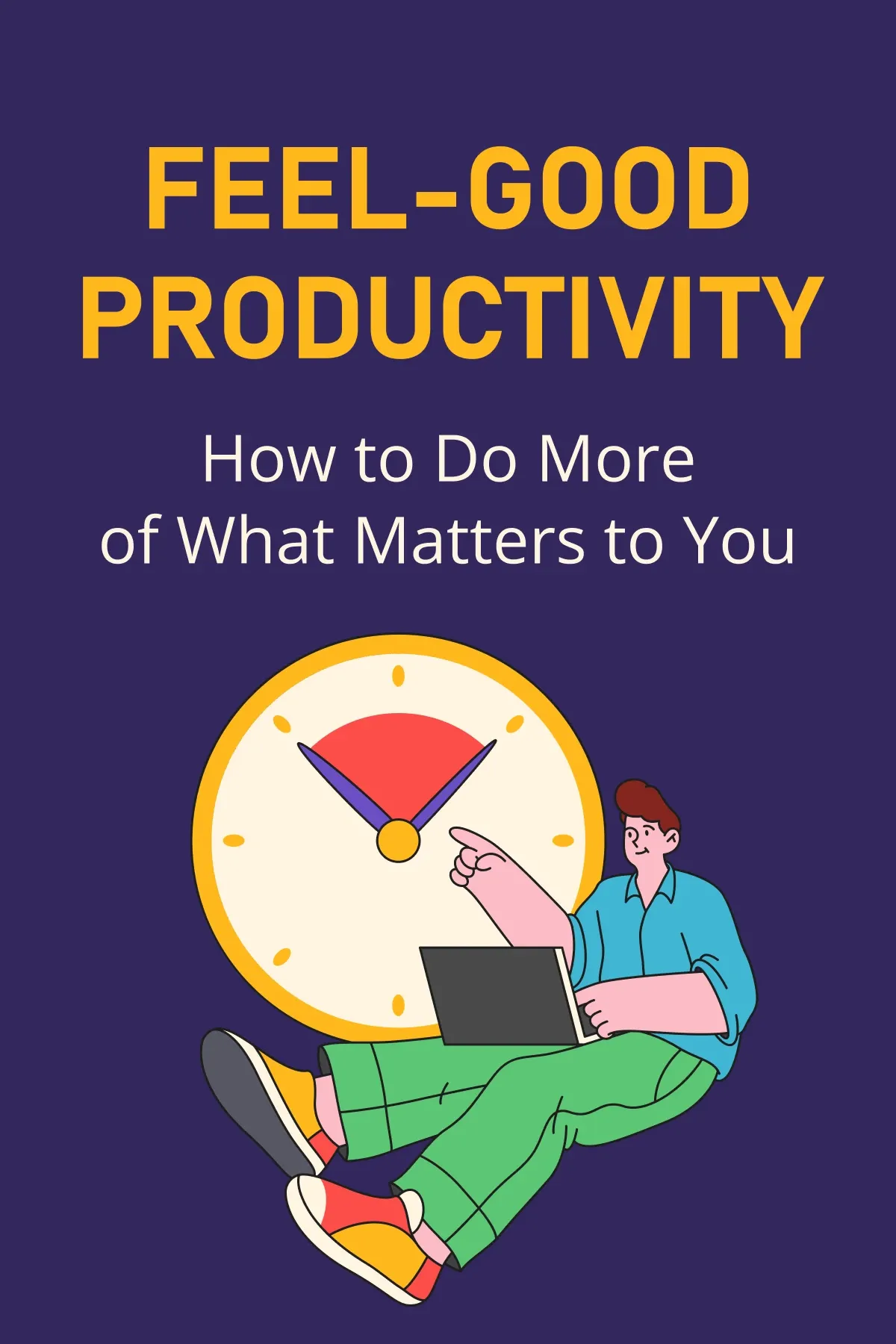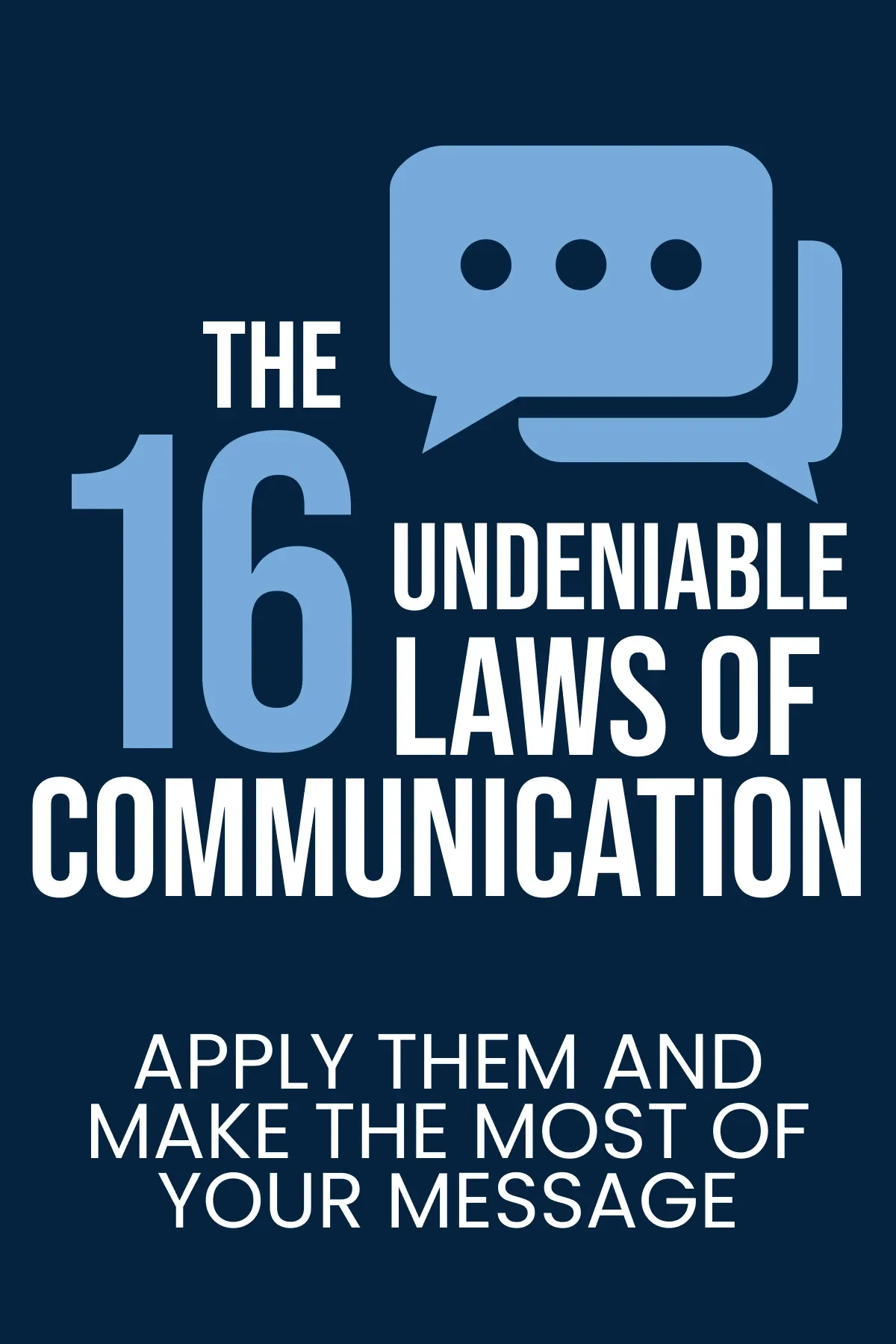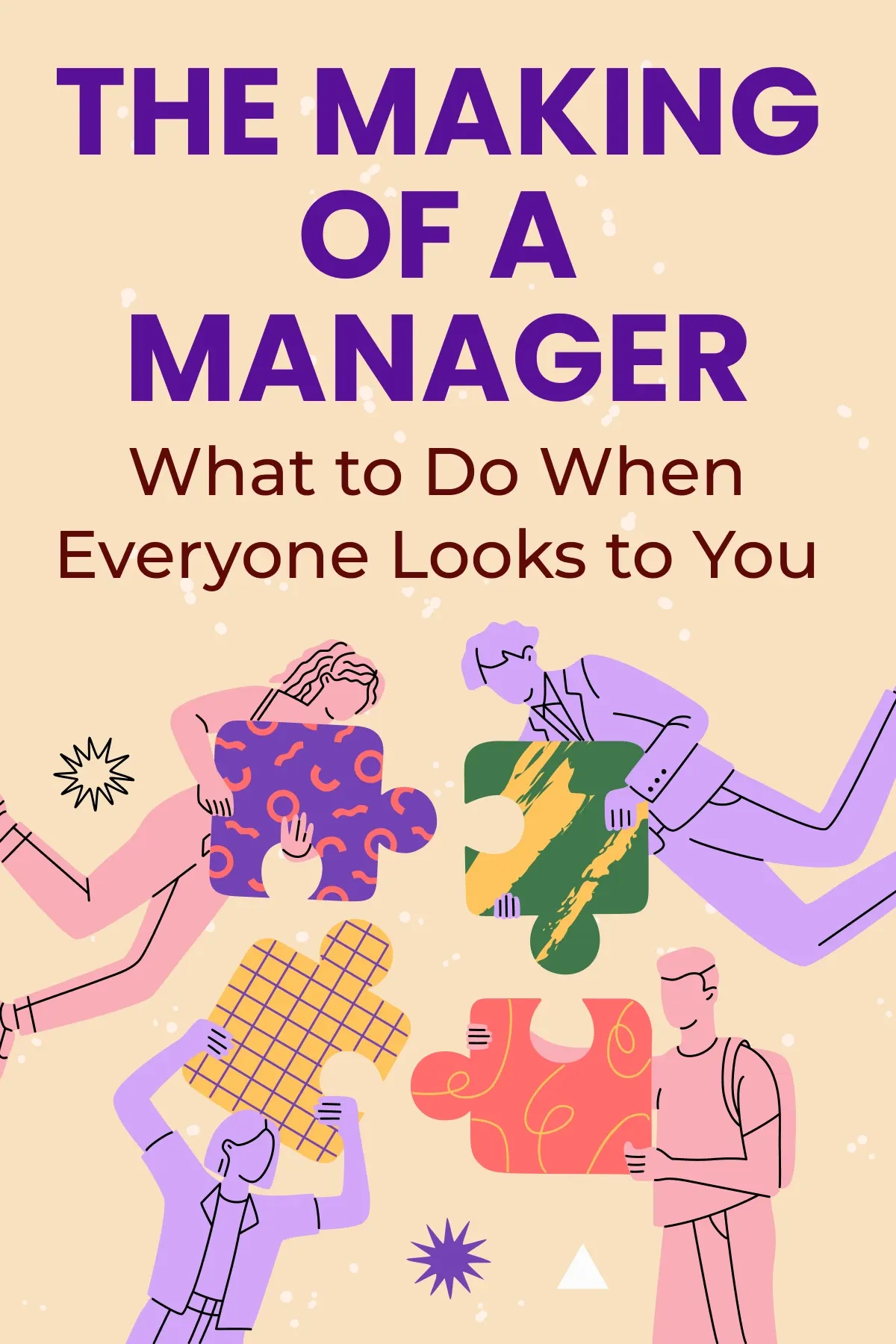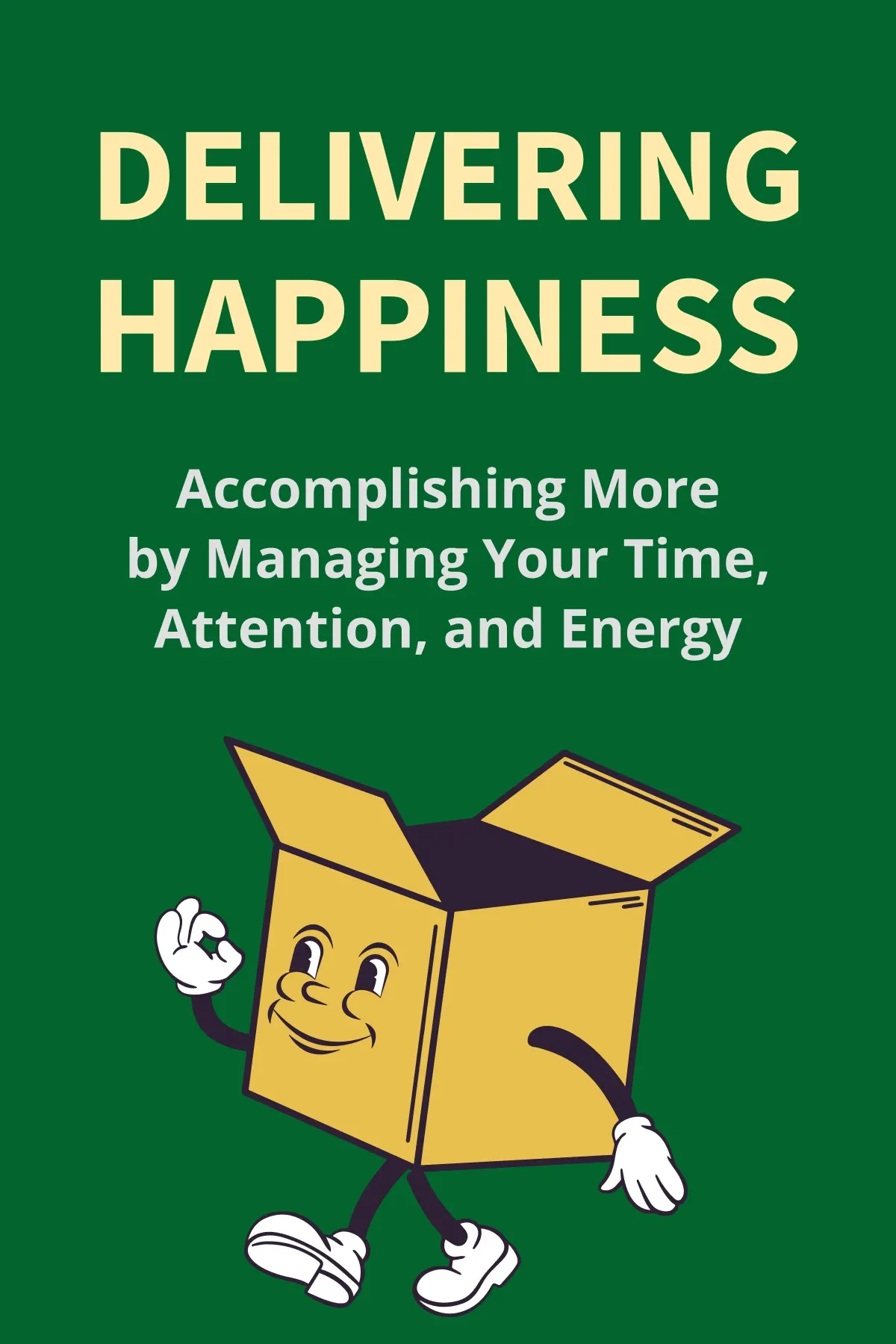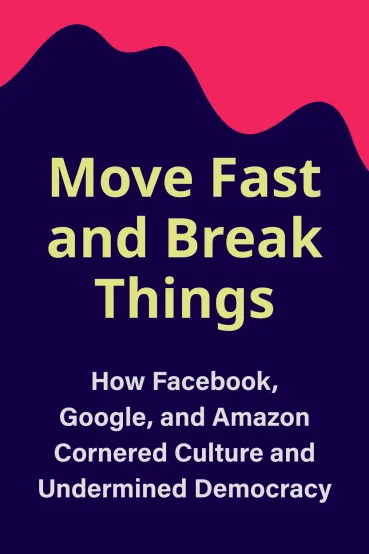
Move Fast and Break Things
Brief Summary
“Move Fast and Break Things” explains why government regulations are necessary for a free market. The book sheds light on the danger monopolies and tech giants such as Amazon, Facebook, and Google pose to society and provides a strategy to fight it.
Key points
Key idea 1 of 9
According to the statistics, Google holds an 88% market share in searches and the promotional sphere, while Facebook holds a 77% share of the social media realm. The absence of regulations to counter such monopolistic practices is worrisome.
Let’s take the example of the East India Trading Company and its horrible impact on Britain. As a high-ranking official, Thomas Jefferson learned firsthand how harmful such trade campaigns and monopolies could be. The East India Trading Company had such enormous power that it created whole rules of law that became a foundation for the nation’s trade channels of that time. The principle of the profits priority led to the Great Bengal Famine of 1770. It’s because instead of food, farmers were compelled to grow drugs. The consequences were horrifying: 10 million people died.
Jefferson put much effort into including anti-monopoly regulations in the Bill of Rights. However, he didn’t achieve his goal. Alexander Hamilton held the belief that politics should be controlled by capital, reversing the conventional relationship. While Jefferson harbored concerns about the potential influence of a proposed National Bank, Hamilton advocated for its establishment. The government's ownership of only 20% of the bank's shares allowed private interests, including Hamilton and his affluent associates, to monopolize the remaining shares.
So, it was one of the reasons why such vital documents as the Bill of Rights never regulated the sphere of monopolies and their destructive impacts. Progress in this matter occurred in 1890 when the Sherman Act was published. This document declared that attempts to monopolize the market in any field could lead to legal liability. Theodor Roosevelt used this Act to end the business coalition of Standard Oil and Northern Securities. Roosevelt believed it harmed society and enterprise when a few wealthy entrepreneurs joined forces to maintain their riches.
However, a judge and lawyer, Robert Bork, made the US take a step back from this progress. Before formulating his philosophy, Bork was a distinguished professor at Yale Law School, where he taught a course on antitrust law in the 1960s. Bork always noted that the most important thing from an economic point of view is the consumer's well-being. Subsequently, he analyzed his observations and concluded that antitrust regulations only harm consumers.
Bork’s theories gained popularity, and as a result, he started working in such famous companies as Nixon and Ford. It benefited large corporations because the number of applications filed under the Sherman Act decreased during that time. Even now, his principles are leading in the antitrust part of the Justice Department. This federal structure regulates the market and ensures justice there.
FAQ
You may also like these summaries




